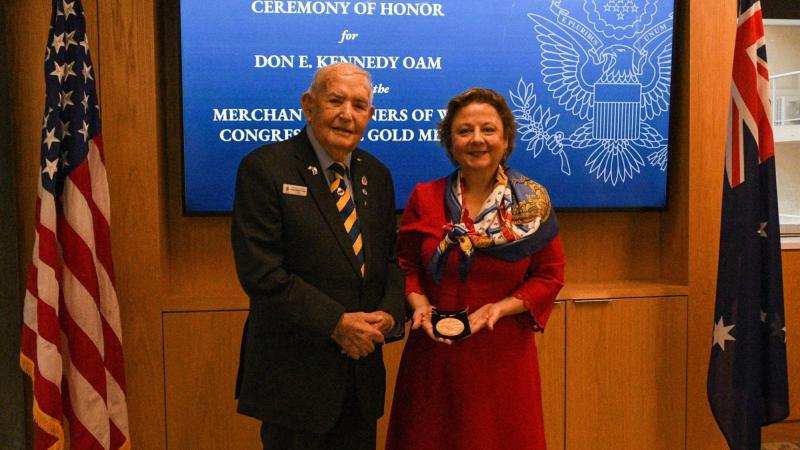On 27 March 2013, the Australian Competition and Consumer Commission (ACCC) granted authorisations A91340 and A91341 for a period of 10 years to the Australian Dental Association (ADA). These authorisations enabled dentists to reach agreements as to the fees to be charged for dental services provided within a shared practice where at least one party to the agreement was a member of the ADA.
It should be noted that certain legal structures such as partnerships and incorporated entities already permitted dentists to agree on common fees without the need for authorisation. However, the ADA submitted that there had been an increase in the take up of the ‘associate’ structure form of shared practice whereby dentists in shared practices operated under separate legal entities and that the authorisation by the ACCC would provide dentists with increased flexibility to choose the business structure that best suits their needs.
The ACCC considered that granting the authorisations would likely result in public benefits flowing from the increased availability of shared practices. These benefits included the improved availability, continuity and quality of care, improved efficiency in the provision of dental services and greater flexibility for dental practitioners which may in turn also further improve the availability of dental care.
The ACCC authorisations specifically provide for the making of and giving effect to contracts, arrangements or understandings between two or more dentists and/or dental specialists as to the fees to be charged for dental services provided in a practice, where:
a. at least one party to the contract, arrangement or understanding is a member of the ADA; and
b. the parties to the contract, arrangement or understanding operate a practice that shares:
i. a common practice trading name;
ii. staff, for example, dental hygienists, administrative and support staff;
iii. dental records and treatment of patients by other members of the practice;
iv. a common reception and premises; and
v. dental equipment and supplies.
Hence, it is important that at least one dentist is an ADA member for shared practices which are (a) not operating as a partnership or corporate entity, and (b) making and giving effect to contracts, arrangements or understandings between two or more dentists and/or dental specialists operating as separate legal entities as to the fees to be charged for dental services provided in a practice.
If none of the dentists in such shared arrangements are members of the ADA, then all of the dentists in the practice are operating outside of the ACCC authorisations and may be contravening the anticompetitive provisions of the Competition and Consumer Act 2010.
It should be noted that the authorisation is limited to conduct within shared practices and will not apply to any price agreements or exclusionary provisions between practices which are not part of a corporate entity or partnership.
The current authorisations will expire on 18 April 2023 and it is anticipated that the ADA will make a further application to renew the authorisations.








